Landfill tax rates are at an all-time high, but for Greenway Waste Recycling Ltd a growing appetite to send RDF for incineration in Europe has opened up a ‘new world of opportunity’ for waste operators.
The trend has been significant for the company. Originating in Ireland, Greenway first established its credentials in commercial waste processing and plastics recycling in 2000. Now, it has launched its first waste and recycling treatment facility in Britain, situated on a seven acre plot in Ketley, Telford.
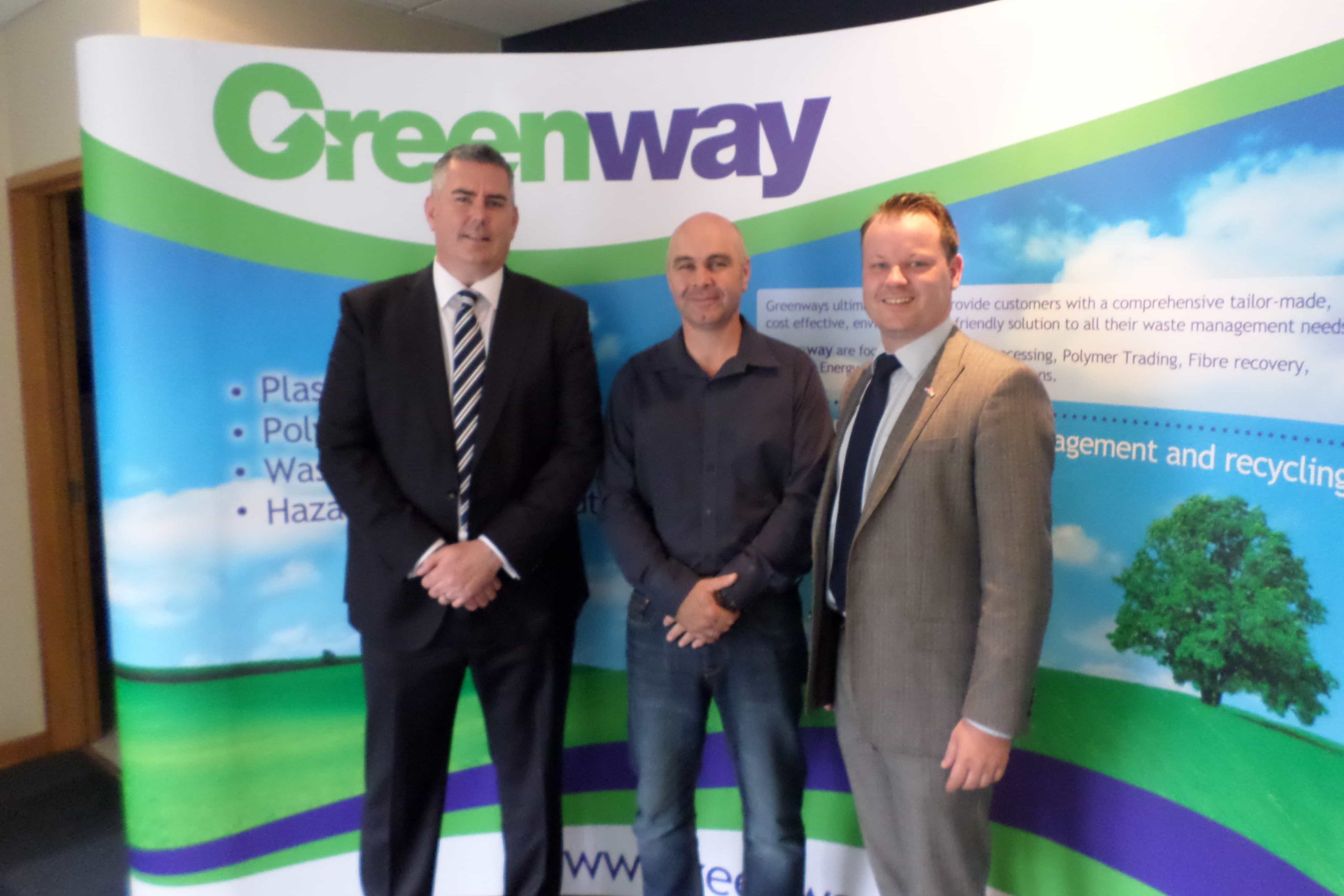
“What we have here is a rather large site in a well-known area. Previous owners Pink Skips had been here for 15 years and they built a very recognisable and successful business”, explains Michael Dowd, Greenway’s UK commercial manager, who has been able to employ six more commercial managers since the company set up shop in February.
RDF
The Telford operation allows Greenway to treat commercial and industrial waste, including RDF for export to energy-from-waste plants, and recyclables such as paper, plastics and cardboard that are shredded, processed and baled on-site before being sent to reprocessors. Rogier Masselink, commercial director at Greenway, explains the process.
“We need a background check before we get anyone in to make sure they have a licence. There are about 20 vehicle movements per day, and a lot of what comes in is from larger vehicles – containing loads of about 25 tonnes each,” he explains. “Once tipped we have a picking line which all the recyclables go through. Anything that’s left goes through a shredder and then into the bales to become RDF. We usually export around 850 to 900 tonnes per week.”
RDF, a low calorific value material which is used as feedstock for energy-from-waste facilities both here and abroad, is made up of a non-recyclable waste fraction which usually includes biodegradable material. The RDF baled at Telford is sent to one of 11 contracted outlets for export to plants in Germany, Holland and Sweden.
Incentive
Mr Masselink continues: “Initially it was a price incentive, but there are some green companies out there that weren’t making big savings who still wanted the words ‘zero waste to landfill’ above their gates. We are now at a stage where the people with the waste want answers. People want to know, ‘where is my waste going’?”
In total, operators tipping their waste at the Telford site can expect to save around £7 per tonne on the cost of traditional landfill disposal. As well as showing off their green credentials, Mr Masselink adds that some operators will choose Greenway to avoid damaging their trucks in the ‘bumpy and soggy’ conditions associated with landfill sites.
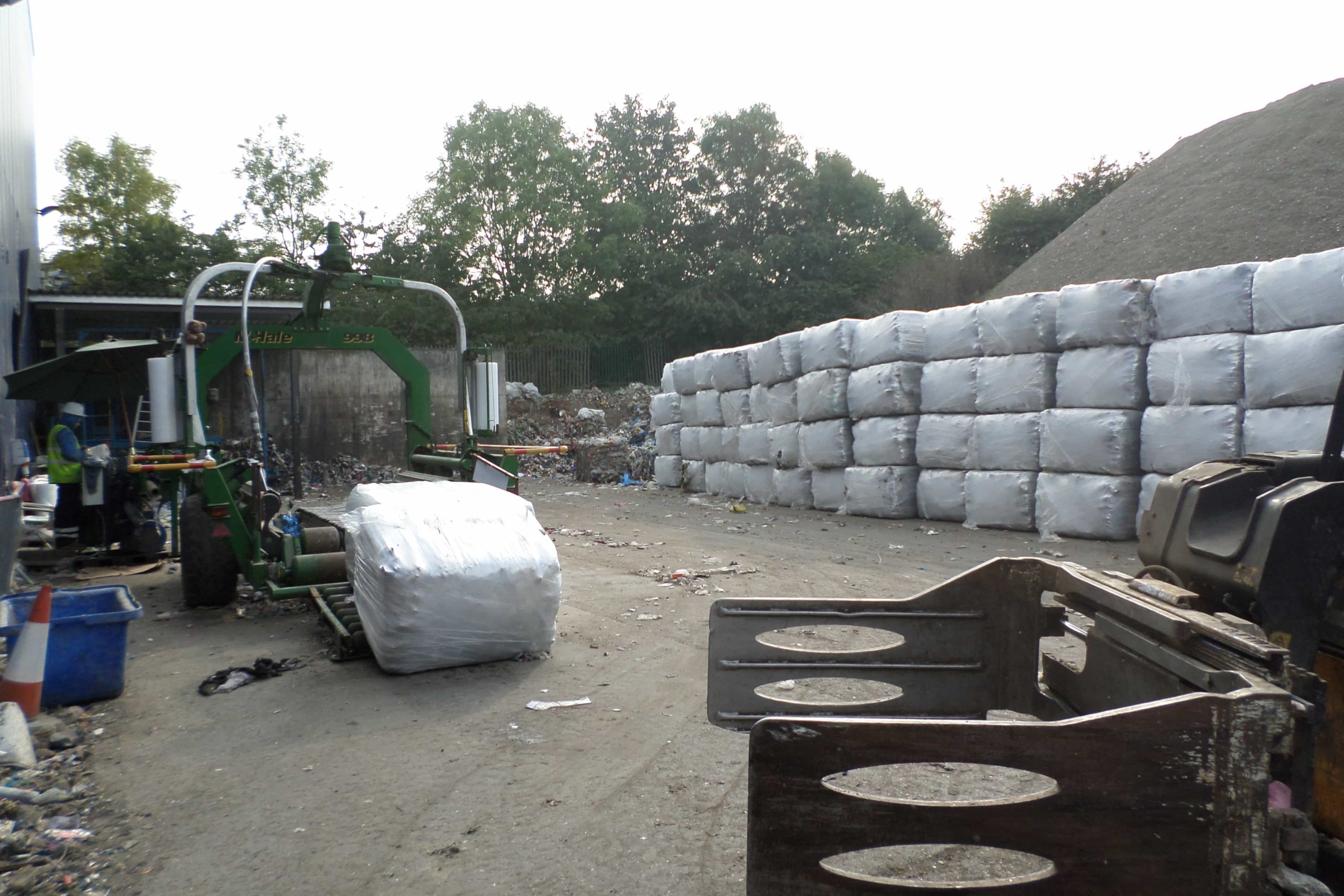
Greenway does not share the fears among some companies in the waste industry that the export market for RDF will dry up, or that it is detrimental to the domestic recovery market. The firm last week confirmed contracts with three more RDF outlets, and believes that the level of export will continue to progress with the level of UK infrastructure in place. However, Mr Masselink concedes more UK infrastructure will need to be made available to keep the markets level.
Local authorities
Greenway also deals with a small amount of local authority waste delivered from contracted parties from around Shropshire. Staffordshire and Cheshire. However, due to the practical considerations, such as road haulage, these contracts are limited.
“There’s a natural restriction for certain types of waste to travel,” Mr Masselink adds. “Unfortunately we cannot open 80 sites across the country in the short-term to fix that.”
The company also has plans to make alterations to its Telford site. With a warehouse, workshop and office building to monitor seven days a week, the firm wants to ensure it has taken every precaution necessary to prevent fires.
General site manager JJ van Rooyen, who supervises a team of 16 employees and is on-hand to run the site six days a week is wary of the need to take fire prevention seriously.
He explains: “My experience is shredded waste of that it can burn very quickly, so we make sure we know we’re matching what’s going in to what’s going out. Our contractors won’t accept 15,000 tonnes of waste just sitting here without a truck waiting to take it away.”
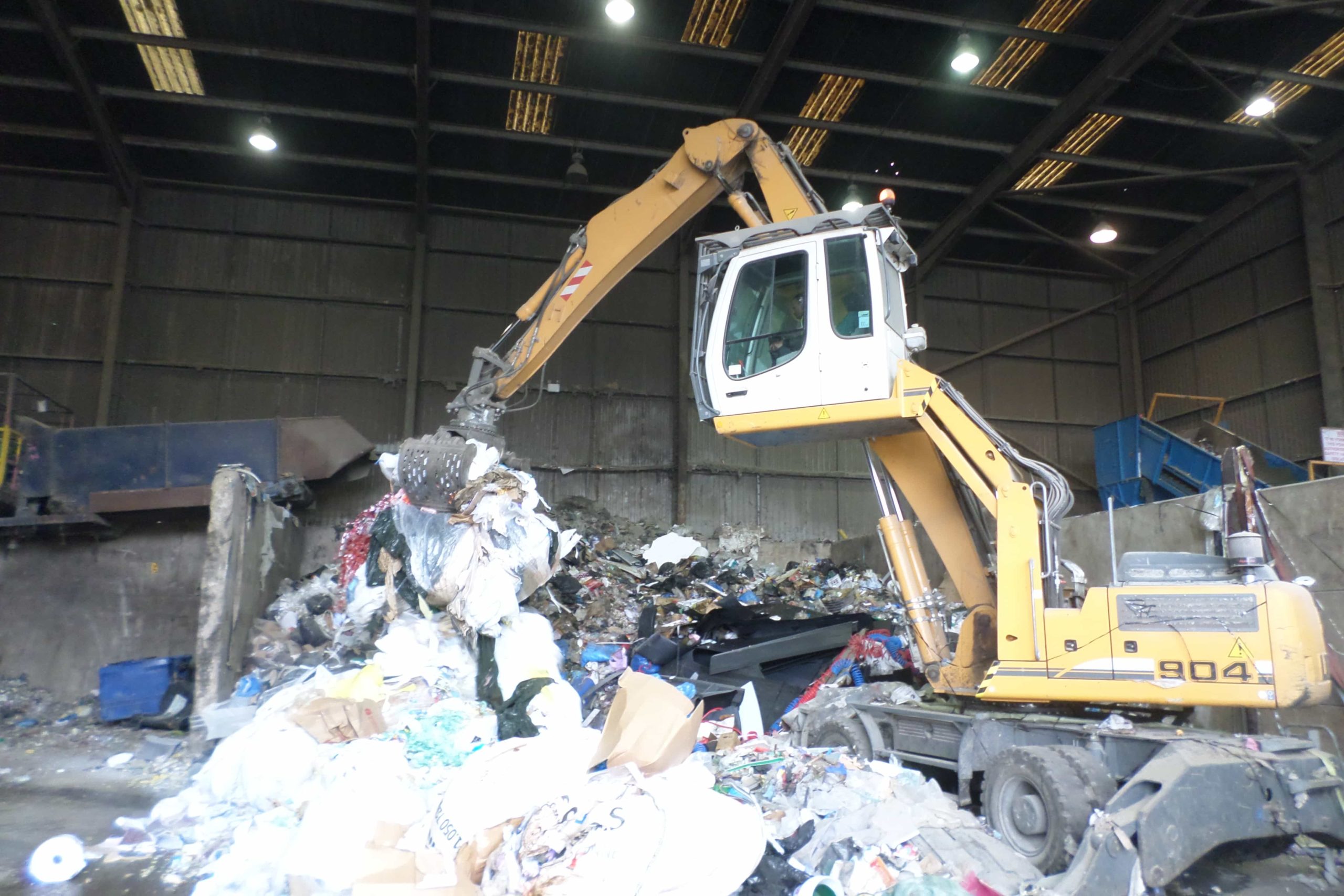
To minimise the chance of an outbreak, Greenway aims to extend the site in the first quarter of 2015, ensuring more space to store shredded waste away from the main building.
Greenway
But what about the long-term plans for Greenway? Traditionally it has been the plastics processing arm, Greenway Polymers, that has been the most successful area of the company, but Mr Dowd is optimistic that there is room for expansion in both divisions.
“Our most imminent initiative in the pipeline will be a plastics processing facility for hard plastics and films, but we would like a couple more opportunities to expand this operation,” he adds. “It’s just a case of looking for the right location.”
In the meantime, Greenway will hold an open day for waste operators on October 14 2014.





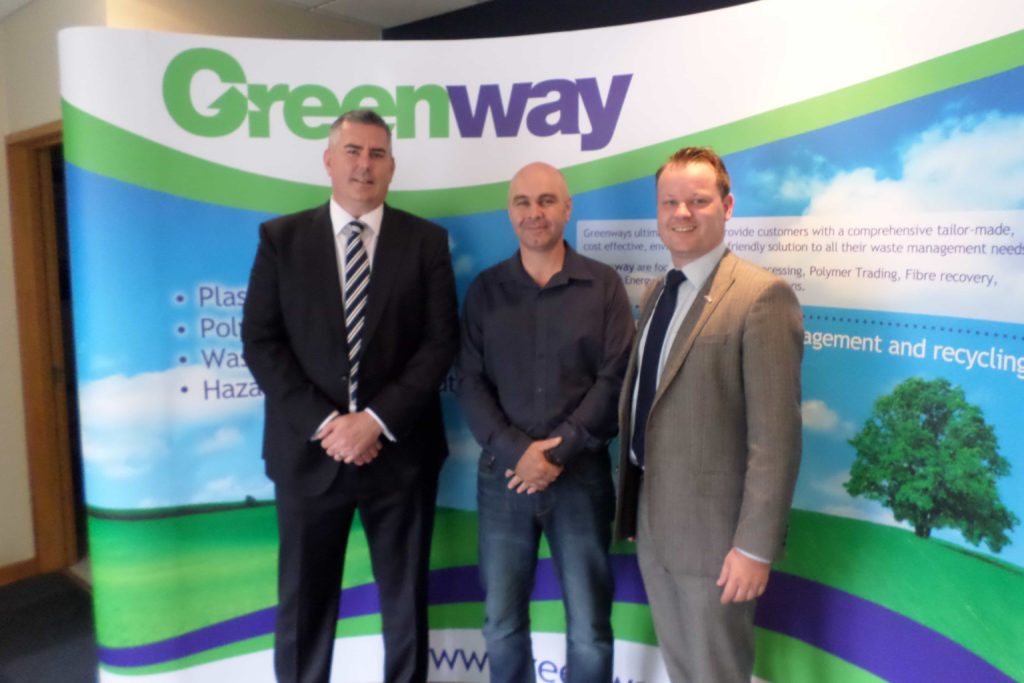


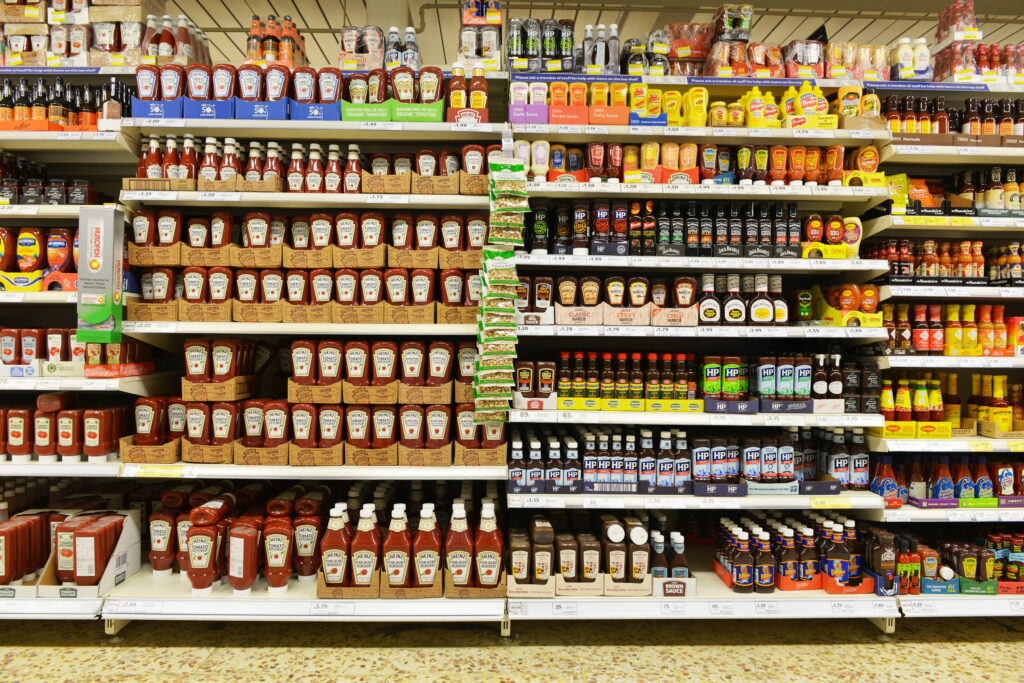
Subscribe for free